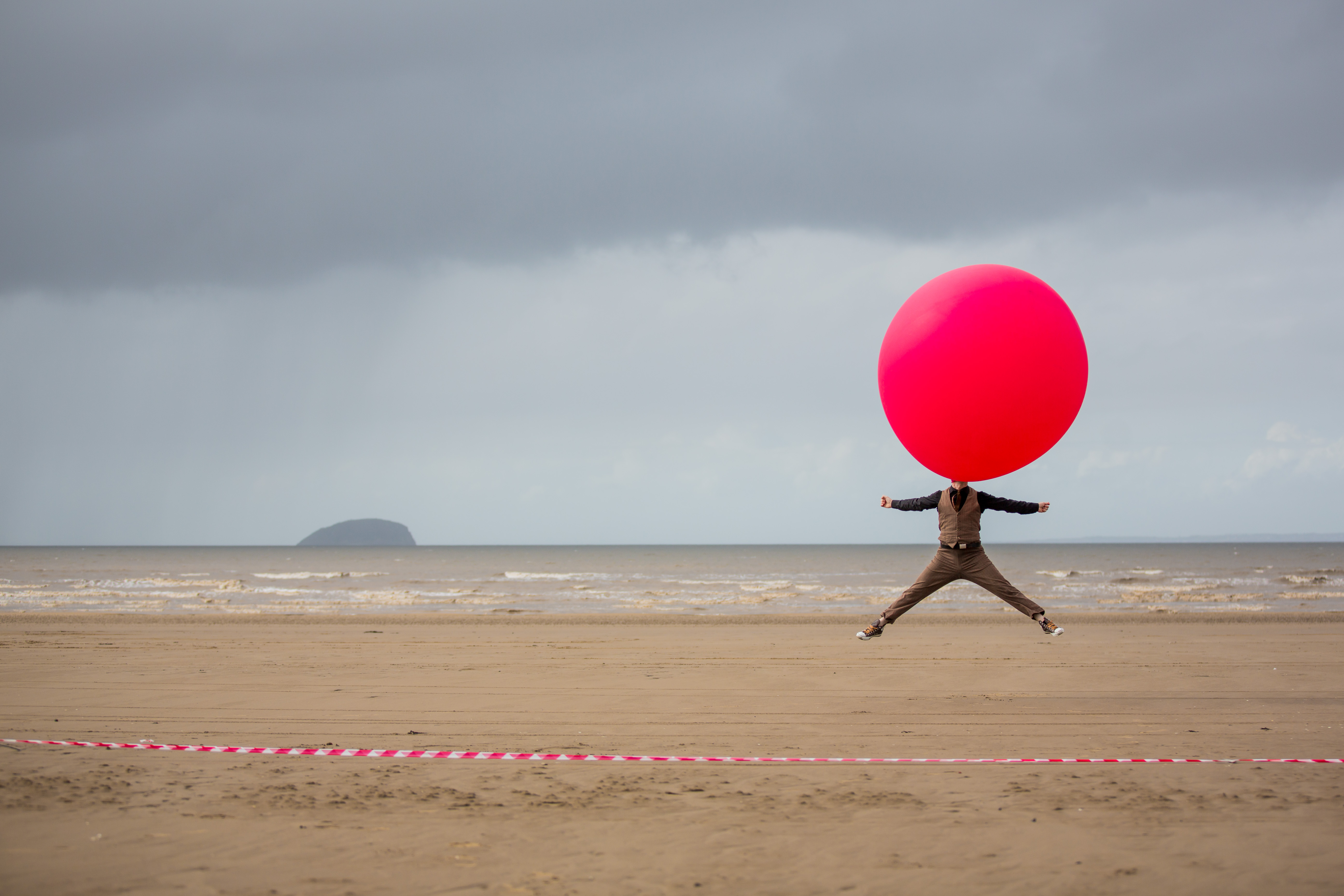Resilience for arts and culture
26 Sep 2018 10:40 AM
Blog posted by: Francis Runacres on 25 September 2018.
Our Executive Director of Enterprise and Innovation, Francis Runacres, tells us about the Arts Council’s latest report on resilience in the cultural sector.

Dundu and Worldbeaters – Activate Performing Arts © Sarah Hickson
Today sees the publication of What is Resilience Anyway?, the output from a substantive piece of research the Arts Council commissioned from Golant Media Ventures and the Audience Agency. The report addresses questions such as:
- How is resilience currently understood in the arts and culture sector?
- Are organisations becoming more resilient and, if so, how are they doing this?
- What opportunities might there be to develop the sector’s resilience in the future?
Why now?
This is the first major piece of research we have commissioned into resilience since 2010. The report was commissioned as part of the wide body of evidence we are conducting to help shape our next ten year strategy, you can take a look at all of the evidence hereincluding two reports we also published today looking at issues around leadership and workforces in the arts and cultural sector. As we develop the 2020-30 strategy we will consider the issue of resilience in the sector, with a focus on what we as the national development agency could do to support individuals, organisations and the sector to achieve it.
Resilience is already key to arts and culture
We were delighted with the engagement by the sector with the research. Over 1,000 people responded to the survey, providing a rich data source that has been core to the insights of the final report.
We need to acknowledge and celebrate the ways in which resilience is something the sector is doing well. Indeed, many measures of resilience that have long been considered important by the cultural sector, such as wellbeing or social and environmental impact, are things the commercial sector is only recently beginning to give more thought to.

Dizzy O Dare by Theatre Orchard © Paul Blakemore
What next?
We need this work continues and grows. For this blog I gave myself the (impossible) task of picking five of the most important points from the report, as my team and I think through how to support resilience in future:
1. Inconsistent measurement
There is little consistent practice in the measurement of resilience within the arts and cultural sector. There is arguably an over emphasis on financial measures (reserves, net current assets etc) rather than a broad measurement of financial and non-financial resilience indicators.
2. Adaptability is key
The long-term resilience of the arts and cultural sector requires organisations to be adaptable.They must be willing and able to embrace innovation, accept risk and see failure as a natural part of a vibrant ecosystem.
3. A mismatch between need and practice
There is a mismatch between which activities people think are important for increasing resilience and those that their organisations are doing. Organisations are spending too much time on activities their employees don’t think are important, like networking, and not enough of the ones they think do matter, like investing in people through training and development.
4. Think outside the artform box
Arts and culture organisations naturally think of themselves as identifying with their specific art-forms e.g. as theatre, literature or dance companies. However, there is a strong case for thinking of themselves in broader terms as, for example, creative industries or entertainment organisations, and building wider networks accordingly.
5. We’re better – and stronger – together
There is an arguable case that when considering resilience in the arts we should focus more on creating a flourishing cultural sector as a whole than on the resilience of individual organisations.
Tell us what you think
Publishing this report, as well as three others released today on leadership and skills in the arts and cultural sector, will help to create a strong evidence base for our 2020-30 strategy and provide useful insights, as we embark on a Consultation this Autumn. We’re keen to hear your thoughts – find out more about how we’re developing the strategy, and how you can get involved, at www.artscouncil.org.uk/nexttenyears.